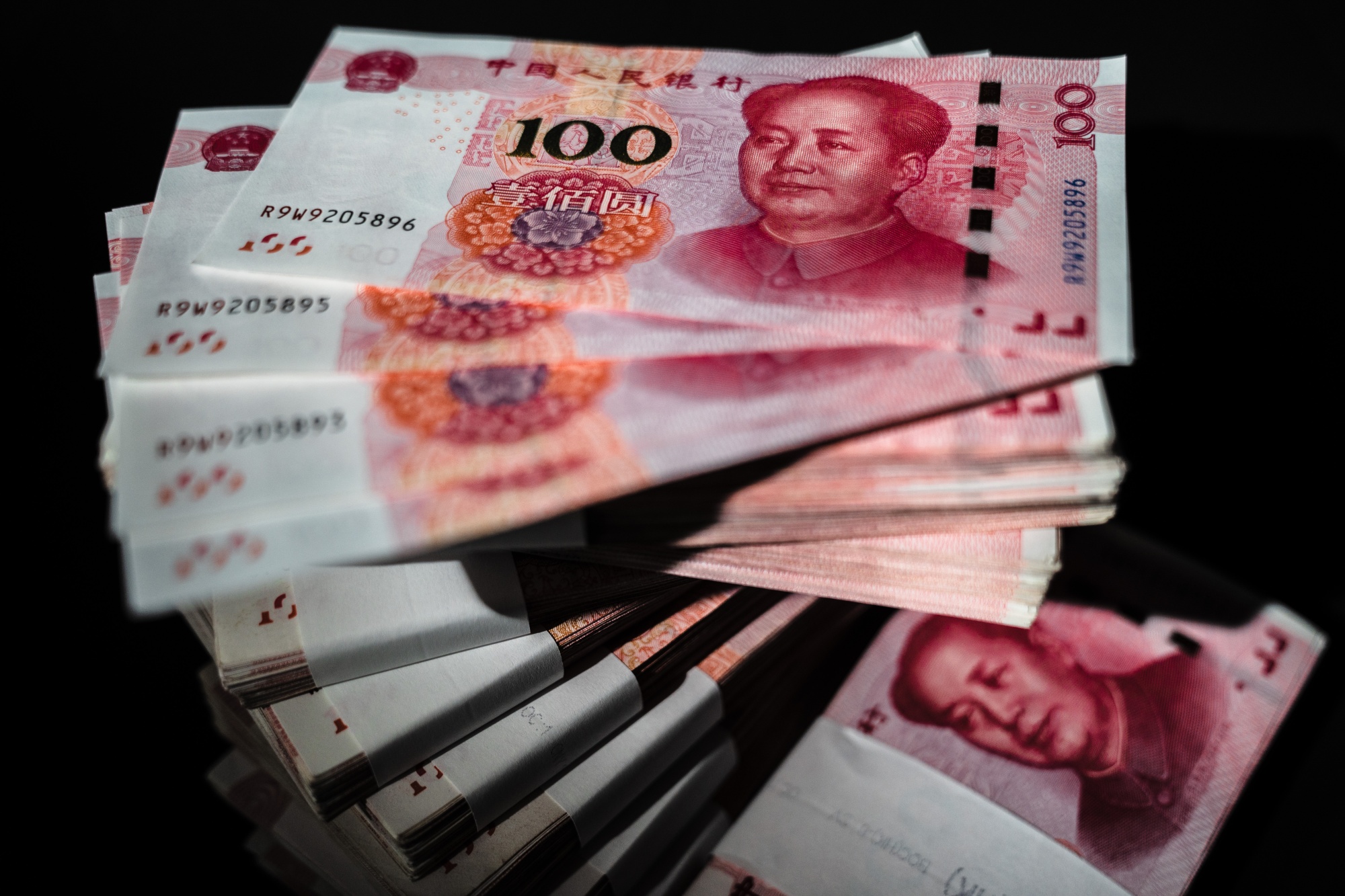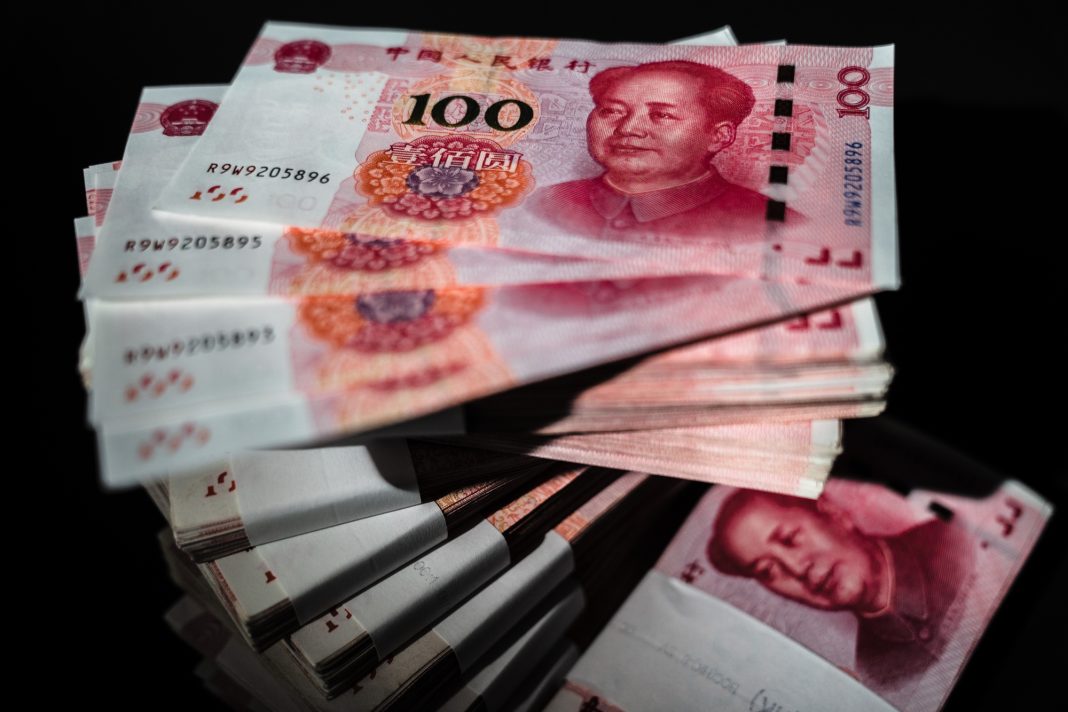 The weakening of the Chinese yuan has led to a growing desire among Chinese citizens and businesses to find alternatives to their own currency. The U.S. dollar has consistently strengthened in comparison to the yuan since 2014, with the exchange rate crossing the 7-yuan mark per dollar in the past year. While a weak currency benefits exports by making them cheaper, it poses challenges for imports that must be paid in dollars, including commodities and energy. This makes it more expensive for Chinese factories to purchase raw materials and power their machines.
The weakening of the Chinese yuan has led to a growing desire among Chinese citizens and businesses to find alternatives to their own currency. The U.S. dollar has consistently strengthened in comparison to the yuan since 2014, with the exchange rate crossing the 7-yuan mark per dollar in the past year. While a weak currency benefits exports by making them cheaper, it poses challenges for imports that must be paid in dollars, including commodities and energy. This makes it more expensive for Chinese factories to purchase raw materials and power their machines.
To address this issue, exporters and businesspeople in China are seeking ways to hold their cash in currencies other than yuan and only converting what they need. There are two main reasons for their bearish outlook on the yuan. First, the Chinese economy does not show signs of recovering anytime soon, as indicated by a 7.5 percent decrease in exports compared to the previous year. This is particularly concerning for those wishing to divest from yuan, as exports are a primary means of obtaining dollars. Additionally, despite low borrowing costs, Chinese businesses struggle to earn enough return to cover interest.
Another reason why the yuan’s recovery seems unlikely is the high value of the U.S. dollar, which is expected to persist in the near future. When U.S. interest rates are high, capital flows out of China and other countries into the United States, making investments there more attractive. Chinese investors can earn 5 percent interest by depositing their U.S. dollars in the United States, while converting them to yuan and depositing them domestically would only yield a 1.5 percent return. This outflow of investment causes the yuan and other currencies to depreciate further against the dollar, strengthening it even more.
As a result of these factors, there is little hope for the yuan’s recovery. Chinese citizens and businesses are turning to alternative stores of value such as gold. The People’s Bank of China (PBOC) has been increasing its gold purchases, and Chinese citizens are buying jewelry as a means of storing their cash in gold instead of the depreciating yuan. Gold also serves as an alternative to the Chinese stock market, which has experienced significant losses over the past three years. The increased demand for gold has driven its prices to record highs, presenting a mixed situation for Chinese banks and investors who have to use depreciating yuan to purchase it.
Furthermore, not only do Chinese citizens and exporters lack confidence in the yuan, but the rest of the world does as well. The yuan’s share of global currency reserves has declined to a three-year low, while the dollar remains the reserve currency of choice. Despite the PBOC’s monthly gold purchases, the ratio of gold to dollars in its reserves has not changed significantly. This indicates that the yuan has a long way to go before it can replace the dollar.
When the yuan was included in the International Monetary Fund (IMF) Special Drawing Rights (SDR) currency basket in 2016, Chinese President Xi Jinping saw it as a step toward the internationalization of the yuan and the displacement of the dollar as the world’s currency. However, eight years later, the yuan has not become a major reserve currency, and its use in trade settlement has only reached 4.6 percent.
In conclusion, the weakening of the Chinese yuan has led to a strong desire among Chinese citizens and businesses to find alternatives to their own currency. Factors such as the strength of the U.S. dollar and the lack of confidence in the Chinese economy have contributed to this trend. As a result, Chinese exporters are seeking ways to hold their cash in currencies other than yuan, and individuals are turning to gold as a store of value. The yuan’s share of global currency reserves has declined, and it still has a long way to go before it can replace the dollar as a major reserve currency.


